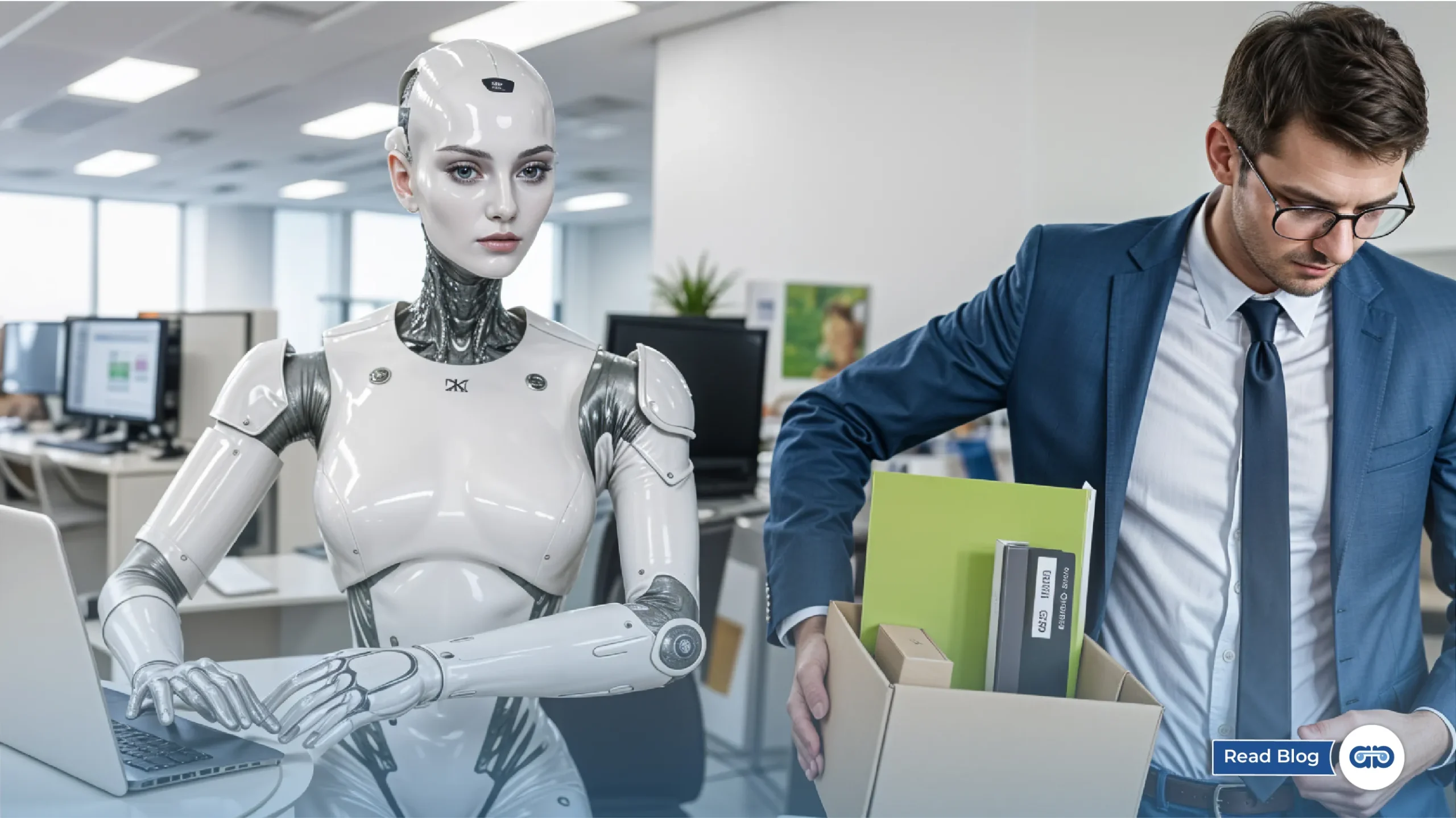As AI continues to reshape the workplace, concerns about its impact on job security and employee experiences are becoming increasingly prevalent.
Reports of CEOs replacing support staff with AI-driven chatbots and companies grappling with AI-related data leaks have fueled apprehensions about the role of AI in our professional lives.
But amidst these concerns, a fundamental question arises: Should AI be embraced in our workplaces? Surveys conducted by organizations like the American Staffing Association (ASA) suggest that a significant number of Americans are already integrating AI into their jobs – a marked departure from attitudes toward AI just a few years ago.
AI Automation, in particular, holds promise for revolutionizing workplace dynamics, offering to simplify tasks and enhance employee satisfaction.
Studies indicate that for enterprises, the adoption of AI automation could yield substantial annual value across various use cases.
However, beyond that data, there are key challenges associated with workplace technology:
Inundation of Workplace Apps:
Employees today find themselves juggling between communication apps and collaboration apps.
While each app aims to streamline processes, managing multiple platforms alongside a constant stream of notifications and messages can overwhelm employees, jeopardizing both productivity and well-being.
Outdated, Inefficient Programs:
The sheer number of programs employees use is not the only concern; the performance of these applications is equally critical. Many of these programs are outdated and underperforming, causing difficulties in usage, malfunctions, and unreliable performance.
Mundane and Overly Complex Tasks:
Contrary to expectations, tech tools may not necessarily simplify employees’ lives. While employees prioritize being challenged at work. This highlights the importance of selecting and implementing tech tools that not only facilitate challenging work but also streamline workflows effectively.
Addressing the Needs of a New Generation of Workers:
The expectations of the Gen Z workforce pose additional challenges. As digital natives, this generation sets high standards for workplace technology and is quick to rate tools as average or poor.
To attract and retain this talent pool, businesses must offer cutting-edge, user-friendly tech solutions that meet Gen Z’s expectations and alleviate stress.
Despite these challenges, the adoption of AI technologies like Conversational AI holds promise for addressing many of these issues. By streamlining workflows and simplifying tasks, AI solutions can enhance employee productivity and job satisfaction.
However, it’s crucial to approach AI integration responsibly, ensuring that it complements rather than replaces human expertise.
With projections suggesting a significant automation of work activities in the coming decades, now is the time for businesses to explore AI solutions and their potential impact on the future of work.
As AI technologies mature and automation becomes more prevalent, businesses must prioritize finding the balance between providing stimulating work experiences and ensuring simplicity and manageability.
While AI can augment productivity and efficiency, it does not replace the invaluable expertise of human workers.
With projections indicating significant automation of work activities in the coming decades, now is the time for organizations to explore the potential of AI Automation solutions.
By embracing these technologies, businesses can stay ahead of the curve and empower their workforce for success in the digital age.
See TuVA IT in action!

